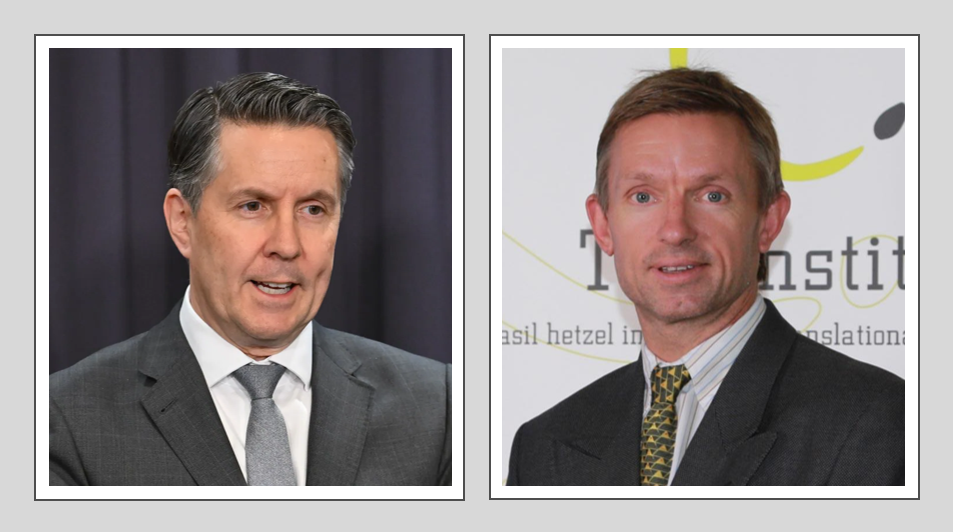Leadership & Management
Become a leader who matters

Leadership & Management: The COVID-19 pandemic has been an epic test of character and determination for many leaders. Building and sustaining trust in times of uncertainty has been the ultimate leadership test.
Best-selling author Dan Pontefract says that the most successful leaders make themselves relatable, practice humility, and show care and respect. They don’t position themselves above other people or revel in power and status.
Pontefract believes strong leaders lift people up, share knowledge – as opposed to hoarding it – and create diverse, egalitarian teams. He teaches leaders to act with clarity and decisiveness, and to thrive in the face of change and obstacles.
Strong leaders are relatable, caring and humble.
Leaders should prioritise creating meaningful and mutually beneficial relationships. People find transparent, honest and caring leaders relatable, and that inspires them to collaborate.
Leaders often fail to be relatable because they won’t admit mistakes or ask for help when they need it. They foolishly pretend to be infallible. People who see themselves as virtuous, fair and relatable – but still can’t admit when they make a mistake – are being dishonest with themselves.
To boost your “relatability quotient,” accept that you’re human and will make mistakes. When you’re wrong, apologise and take appropriate steps to correct your error. Don’t be afraid to ask for help or feedback. Embrace transparency and honesty in your relationships and extend empathy to your colleagues.
A sense of meaning, not a hunger for power
Your leadership should reflect more than a personal quest to become increasingly powerful.
Consider your circle: Who do you influence, and who do you serve? If your actions are self-serving and benefit only you and those in your personal, corporate or social circle, you may be living a selfish life. Try to give everyone equal consideration; don’t pick favourites. Consider the impression you make on others over time. If people find you rude, forgetful, power-hungry, toxic or dishonest, you’ll discourage your team and develop a negative reputation.
Try to create a meaningful career, rather than centering your objectives around raw ambition.
List your life goals in three areas: career, personal development, and the impact you want to have on the world and those around you. For example, you might decide to reduce your carbon footprint. Identify the changes you need to make to achieve your goals.
Mindfully transform your relationship to time
The belief that you can manage time is a fallacy; all you can do is to manage your behaviour in relationship to time. To use time more effectively, cultivate mindfulness.
To support your employees’ mindful focus, don’t abuse these terms:
- “Capacity” – Use this word to refer only to the amount of time people have available to complete tasks. Often leaders use it to refer to the time they have left to bombard their teams with additional work.
- “Efficiency” – Leaders use this word to denote their desire to get their team to do more work with less time and resources. A more ethical use of “efficiency” refers to helping people creating better systems and habits, so they can achieve their goals.
- “Productivity” – Leaders who tell employees to be more “productive” can intimidate them into working longer and taking on too much. “Productivity” should refer instead to your desire to help your employees change any behaviours that hold them back and boost their levels of engagement so they can achieve improved results.
Embrace a curious mind-set and prioritise lifelong learning
If you maintain a curious state of mind and embrace lifelong learning, people will view you as a more inspiring leader. Prioritise learning by taking actions that make learning a regular and ongoing activity.
For example, set up a team member who is afraid of public speaking to work with a helpful colleague who is skilled at making presentations. Share relevant podcasts or articles with team members to help them expand their knowledge.
Be curious about the people you lead. Get to know their goals, strengths, and any gaps in their skills or knowledge. Take on the role of a coach, encouraging your team to value lifelong learning. Cultivating a lifelong learner’s mindset boosts your creativity, credibility and professional reputation.
Lead by lifting others up
Don’t hoard your knowledge or information with your team to get ahead; that will cause the reverse to happen. Failing to share information on projects with your team can create unnecessary challenges and stress and can hinder your team’s professional development.
Admit when you have gaps in your knowledge, experience, data or information in areas that are essential to advancing your career. Take action to address your knowledge or experience gaps.
Successful leaders value balance over rigid power structures
To earn your employees’ respect and trust, commit to balanced relationships, rather than reinforcing hierarchical power positions.
Beware of these symptoms:
- You don’t trust workers to work remotely.
- You think employees should be satisfied with their pay, rather than also expecting recognition.
- You rarely interact with your team.
- You ignore memos from HR about inclusion and diversity.
- You don’t provide coaching or support ongoing professional development.
Practice humility by showing people care and respect
Leaders who show humility create improved engagement, information sharing and collaboration. No matter your position or age, treating people with care and respect is your responsibility as a leader. Practice humility – be a champion for your people.
Pontefract says “Leadership is not to be conducted from a perch. It is a privilege. You must commit to balance. Your ability to be an effective leader depends on it.”
News & Trends - MedTech & Diagnostics

Stryker partners with local researchers to advance shoulder joint surgery
MedTech & Diagnostics News: Joint replacement is a commonly performed major surgical procedure that has considerable success in alleviating pain […]
MoreNews & Trends - Pharmaceuticals

Over two-thirds of Aussies missing healthcare appointments
Pharma News: Over 70% of Australians have postponed or cancelled healthcare appointments in the last 12 months. The primary reason […]
MoreNews & Trends - Pharmaceuticals

Opposition decries incremental change as New Zealand government defends Pharmac budget
Pharma News: New Zealand’s Associate Health Minister has made headlines by unveiling Pharmac’s largest ever budget of $6.294 billion over […]
MoreMedical

Telehealth’s 10-year leap in 10 days: Reshaping hospital EDs
Medical: As overcrowding and ramping continue to challenge emergency departments across Australia, the concept of virtual emergency departments (EDs) emerges […]
More
